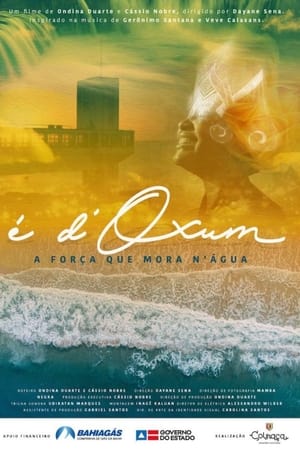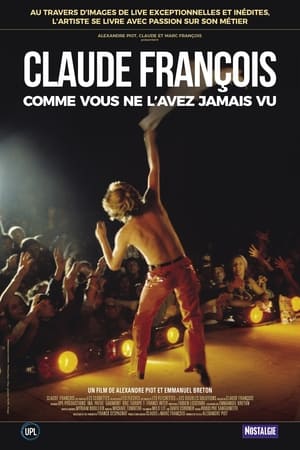Song Remains the Same
Top 1 Billed Cast
Self
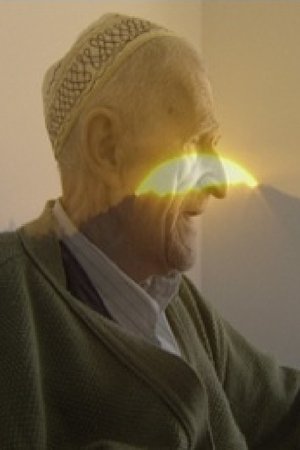
Pjesma ostaje ista
HomePage
Overview
Hamdija Šahinpašić (1914-2003) was one of those rare individuals able to memorize songs in their authentic traditional form. Šahinpašić belonged to a family known for its songs. In the early 1950's, Miodrag A. Vasiljević recorded Šahinpašić singing dozen of songs at the Serbian Academy of Arts and Sciences in Belgrade. A 1967 publication finally included 300 of his songs, published bilingually in Bosnian and Russian. Šahinpašić himself become the focus of attention of numerous ethnomusicologists and folklorists and his repertoire was preserved on recording of good quality.
Release Date
2004-01-01
Average
0
Rating:
0.0 startsTagline
Genres
Languages:
BosanskiKeywords
Similar Movies
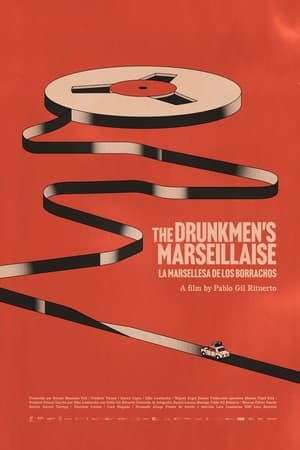 8.0
8.0The Drunkmen’s Marseillaise(es)
In the summer of 1961, a group of young Italian anthropologists made a clandestine journey through Spain, in order to record popular songs that supported anti-Franco resistance. As a result of their work, they were prosecuted and their recordings were censored. Sixty years later, and guided by Emilio Jona, aged 92, the last living member of that group of travellers, we recover the unpublished recordings and reconstruct the journey, today, across an emotional and political landscape, regaining historical memories through these songs, as relevant today as they were then.
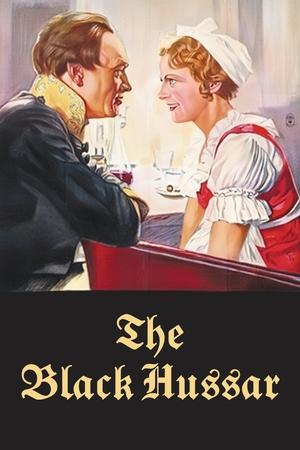 6.5
6.5The Black Hussar(de)
In 1812, during the French period, large parts of Germany are occupied by the troops of Napoleon. Several paramilitary Freikorps units battle the French forces, among them the Black Brunswickers led by the 'Black Duke' Frederick William of Brunswick-Wolfenbüttel. After the War of the Fifth Coalition, the Black Hussars are pursued by Napoleon throughout the country, but frequently take refuge with the noble-minded German people.
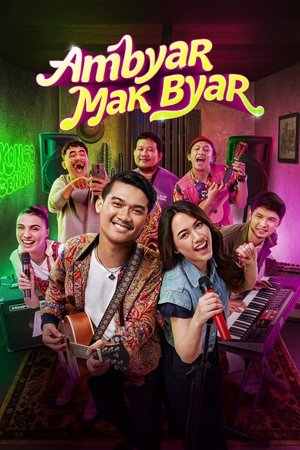 5.3
5.3Ambyar Mak Byar(jv)
Jeru wants his band to be a success. But when he meets Bethari, their romance puts his dreams at risk as her royal family seeks to sabotage their lives.
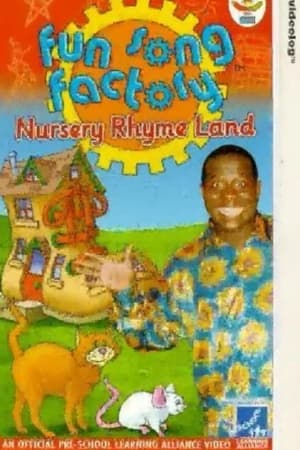 0.0
0.0Fun Song Factory: Nursery Rhyme Land(en)
Join Ozzy Octave and his friends as they sing and dance to their favourite nursery rhymes. Some of the happening songs include 'Polly Put the Kettle On', 'Michael Finnigan', 'Jack and Jill', 'Pop Goes the Weasel' and 'Oranges and Lemons'.
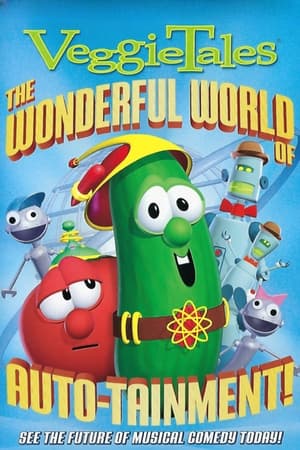 4.7
4.7VeggieTales: The Wonderful World Of Auto-tainment!(en)
Larry the Cucumber's vision of the future includes automated robotic hosts telling jokes with random punch lines and musical numbers in which the performers and themes are chosen entirely by chance. As Bob the Tomato quickly points out, the jokes of the future aren't very funny because they don't make sense. Worse, technical malfunctions in the Ventrilomatic hosts actually promote emotional instability. Nonetheless, Bob admits that Larry's vision of the future contains some very cool adaptations of classic songs like Gilbert and Sullivan's fast-talking "Modern Major General" and Binky the Aardvark's solo performance of Mozart's The Barber of Seville. Larry's vision of the future also includes an amusing animated short about greed called "Lunch." Junior Asparagus calls Bob and Larry back to the present with a final song celebrating God's unconditional love.
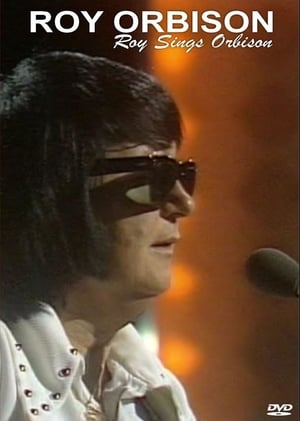 7.5
7.5Roy Sings Orbison(en)
Roy Orbison sings some of his greatest hits, including Only the Lonely, Crying, Penny Arcade, Blue Bayou, Running Scared, Candy Man, In Dreams, Mean Woman Blues, It's Over and Oh, Pretty Woman.
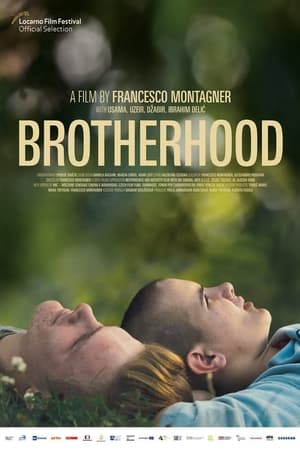 7.1
7.1Brotherhood(cs)
Jabir, Usama and Uzeir are three young brothers in a Sunni family of shepherds. Since childhood, their father Ibrahim has rigidly trained them in the principles of the Quran and has filled their minds with stories of the Bosnian War.
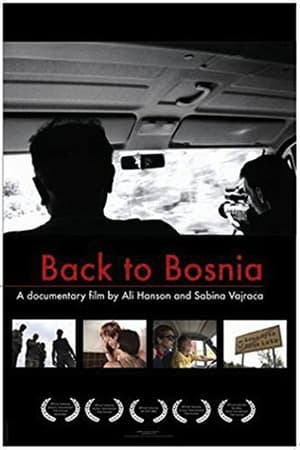 7.0
7.0Back to Bosnia(en)
Filmmaker Sabina Vajraca documents her Bosnian Muslim family's return to their home of Banja Luka, Bosnia, to recover their stolen belongings many years after being forced to flee to the United States. In Bosnia, they witness the devastation of the city, visit war crimes sites, and confront the family that has been living in their former apartment -- with all their furnishings -- for a decade.
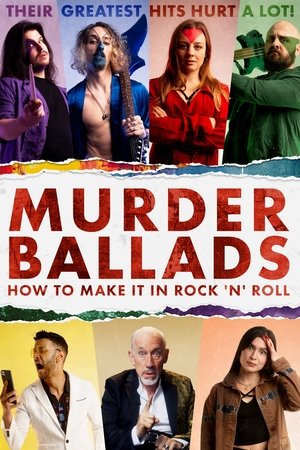 0.0
0.0Murder Ballads: How to Make It in Rock 'n' Roll(en)
The rapid rise and violent fall of rock band Stack of Corpses whose attempt to jump start their career by stealing another singer’s song ends up with bloody and unexpected consequences. Told through 6 chapters of the band's life.
Sky Above Srebrenica(de)
On 11th of July 1995, the most mortifying crimes after World War II in Europe destroyed the Bosnian town of Srébrenica. Shootings and deportations beyondimagination were preceded by a betrayal of humaity: while 40,000 civilians were looking into the sky of Srébrenica, waiting for a sign from the international community, guaranteeing their protection, the headquarters of the United Nations decided to surrender. The betrayal kill 8,372 men, women and children. Sky above Srebrenica (101 minutes) is based on protocols of the secret crisis meetings of the UN headquarters. In a unique way never before released original material of the consequences is shown next to those who are responsible for these.
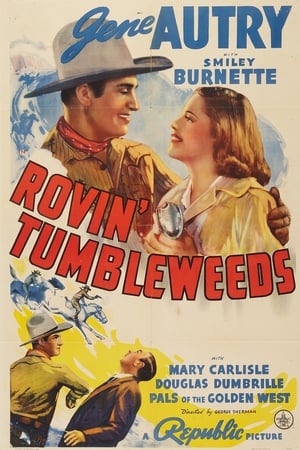 4.5
4.5Rovin' Tumbleweeds(en)
Rancher Autry takes a job singing on the radio to aid farmers and ranchers whose lands were destroyed by raging floods. Blaming crooked politicians, he goes to Washington and tries to put through a food control bill and finds he has a lot to learn. In this classic release, Gene introduces his immortal theme song, "Back in the Saddle Again," which has gone on to become a piece of American History.
In the Shadow of War(en)
The compelling stories of four young people as they struggle to survive a war that ended nearly 20 years ago. The physical conflict is over - but its psychological impact continues. Can they break the cycle of violence?
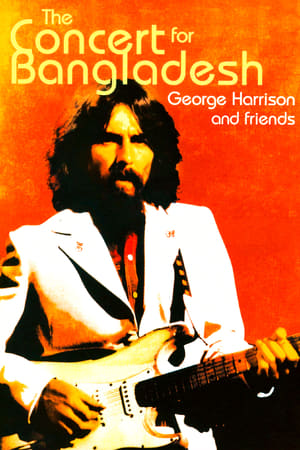 7.9
7.9The Concert for Bangladesh(en)
A film about the first benefit rock concert when major musicians performed to raise relief funds for the poor of Bangladesh. The Concert for Bangladesh was a pair of benefit concerts organised by former Beatles guitarist George Harrison and Indian sitar player Ravi Shankar. The shows were held at 2:30 and 8:00 pm on Sunday, 1 August 1971, at Madison Square Garden in New York City, to raise international awareness of, and fund relief for refugees from East Pakistan, following the Bangladesh Liberation War-related genocide.
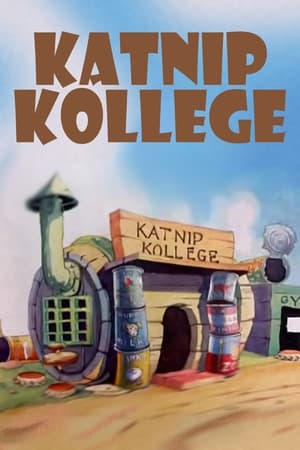 5.6
5.6Katnip Kollege(en)
At the Katnip Kollege, we see a roomful of cats taking a course in Swingology. Everyone swings except Johnny, who can't cut it and has to sit in the dunce chair. Miss Kitty Bright tells him to look her up when he learns how to swing. Finally, listening to the pendulum clock at night, Johnny gets the beat. He rushes out to where everyone is playing and sings "Easy As Rollin' Off a Log" to Kitty Bright. She joins in; he grabs a trumpet for an instrumental break, with the complete band. They both fall off a log; she covers him with kisses.
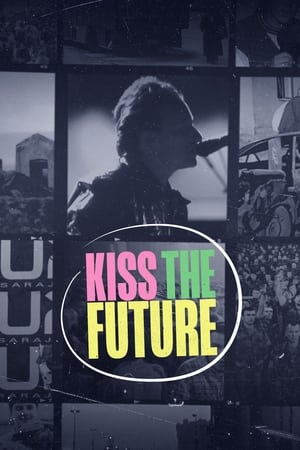 7.4
7.4Kiss the Future(en)
An exploration of the perils of nationalism and art’s role as a weapon of resistance and activism throughout the 1990s Siege of Sarajevo during the Bosnian War. Explore how art and music sustained hope, thanks in part to humanitarians and the band U2.
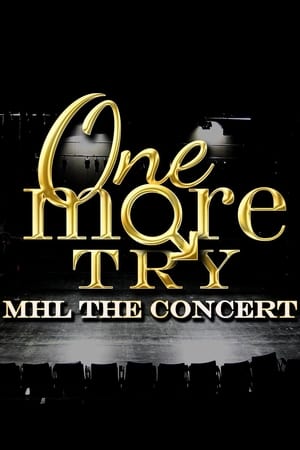 8.7
8.7One More Try: My Husband's Lover the Concert(tl)
The farewell concert of Philippine TV’s most controversial series. A thank you to the show’s fans and loyal viewers, My Husband's Lover's cast find themselves performing against musical backdrop, recreating the emotions evoked by the series.
 8.6
8.6Tori Amos: Live from New York(en)
On January 23, 1997, Tori Amos gave a sell-out benefit concert at the Felt Forum in New York City to launch "Unlock the Silence", a year-long promotional and fund-raising campaign sponsored by cK Calvin Klein to raise awareness of the extraordinary work undertaken by RAINN, the Rape, Abuse and Incest National Network, a non-profit organization who offer support and counseling to survivors of sexual assault. Tori performs compositions from her three albums, including "Silent All These Years", which appeared on her 1992 debut album "Little Earthquakes" and is the touchstone track for the "Unlock the Silence" campaign.
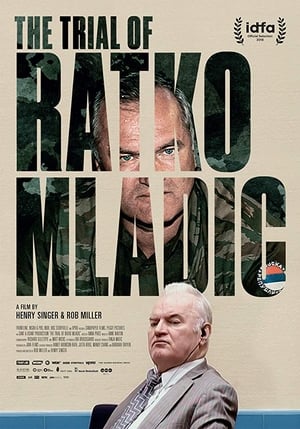 7.2
7.2The Trial of Ratko Mladic(en)
The war crimes trial of Ratko Mladic, accused of masterminding the murder of over 7000 Muslim men and boys in Srebrenica in the 90s Bosnian war, the worst crime in Europe since WW2.
